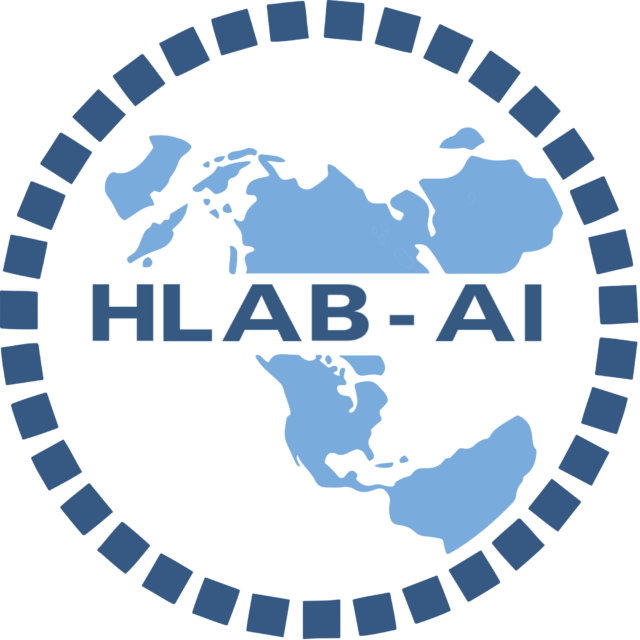Committee Overview
Formed in October 2023, the High-Level Advisory Body on Artificial Intelligence (HLAB-AI) is a group of 39 experts from 33 countries. Its purpose is to provide advice on the international governance of artificial intelligence (AI) to ensure it benefits society. HLAB-AI addresses concerns about AI’s ethical implications, security risks, and its impact on labor and democracy. It focuses on three areas: identifying risks like autonomous weapons, creating fair regulations, and helping countries build the capacity to manage AI. The body’s interim report, released in December 2024, recommended actions such as banning lethal AI weapons and protecting elections from AI interference. The report involved consultations with more than 2,000 participants across the world. This included over 250 written submissions from both organizations and individuals involved with AI. The HLAB-AI aims to develop a global framework for AI governance that considers human rights and equity. This body aims to address the AI-related risks but also share its transformative potential globally.
Topic A: Artificial Intelligence and the Future of Education
The release of artificial intelligence (AI) tools, like ChatGPT or Copy.ai, caused a lot of worry in schools at first. Despite initial skepticism, many educators are now considering how AI can help. AI can make lessons more interactive, help teach media literacy, create personalized lesson plans, and save teachers time on tasks like grading. Teachers already face many challenges, including an overall shortage within the profession. UNESCO estimates that there is a need for about 69 million more primary and secondary teachers worldwide. AI can help by assisting teachers in many ways. For example, AI can support lesson planning, create quiz questions, break down language barriers, help students with learning differences, grade assignments, and even tutor students. While AI offers many opportunities, there are also risks. Some worry that AI might replace teachers and make students less able to think for themselves. UNESCO delegates must decide how teachers can work with AI in the classroom. They should also think about how to make AI usage fair, safe, and accessible for all students globally. Guidelines should be made for using AI in schools, especially in places with fewer resources. These rules should also protect students’ privacy, ensure that AI tools don’t have bias, and make sure AI supports teachers instead of taking over their jobs.
Topic B: Creation of a Global Fund for Artificial Intelligence
Artificial intelligence (AI) is everywhere today. It shows up in Google search results, customer service chatbots, and even medical diagnoses. AI has helped create many breakthroughs and innovations, but most of these advances are concentrated in a few countries and large companies. A Global Fund for AI would help ensure that AI develops in a fair, ethical, and sustainable way. This fund could help reduce inequalities and make sure that more countries and communities have access to AI research, education, and new technology. For example, the African Union has created a “Continental Artificial Intelligence Strategy” to help African countries use AI responsibly, build AI skills, reduce risks, attract investment, and encourage cooperation between countries. When used carefully, AI can help achieve the Sustainable Development Goals (SDGs), improve decision-making, and promote global innovation. However, AI can also cause problems. It can reinforce bias, be used for surveillance, spread false information, and increase inequality. Because of these risks, delegates must think about the best ways to study AI ethics and set up independent systems to monitor and control its use. This will help ensure that AI is used in ways that are fair and benefit everyone.

